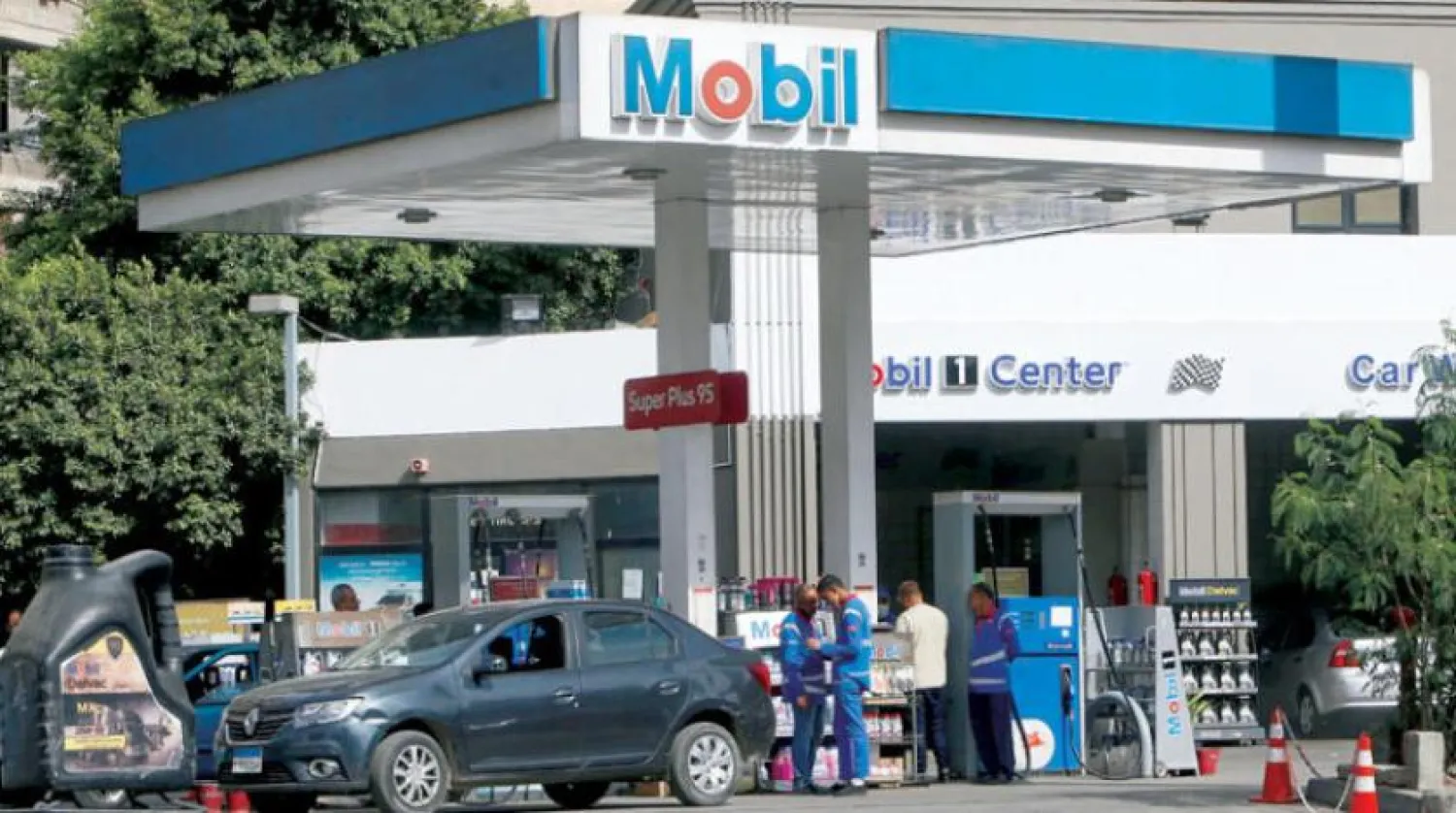Egypt fixed gasoline prices on Saturday, for a period of 3 months until the end of this year, as a result of global economic conditions and their repercussions on the oil markets.
The decision comes after three consecutive price increases, and the devaluation of the local currency against the dollar, despite a preliminary agreement with the International Monetary Fund (IMF) on a loan ranging from 3 to 7 billion dollars.
In a quarterly review on Saturday, Egypt’s fuel pricing committee kept domestic fuel prices unchanged, the petroleum ministry said in a statement.
Prices of 80-octane, 92-octane and 95-octane petrol remained at 8 Egyptian pounds ($0.4098), 9.25 EGP and 10.75 EGP a liter, respectively, while the diesel price remained at 7.25 EGP.
Last week, at the end of a visit to Washington, an Egyptian delegation - represented by the Central Bank of Egypt and the Ministry of Finance – announced the success of the technical meetings with the managers and experts of the IMF, resulting in a full agreement over the new Egyptian economic reform program.
Two statements issued separately by the IMF and the Egyptian Ministry of Finance said that the two sides would soon announce the final agreement on the new program in Cairo.
The reform program of the Egyptian authorities includes “three main axes”, including reforms and measures related to fiscal policy, monetary policy, and structural reforms for the country’s economy.
The country pledged to resume fiscal discipline efforts by maintaining an annual primary surplus in the public budget and working to return the trajectory of government indebtedness to GDP to less than 80% in the medium term.
It also intends to work on extending the life of government debt, diversifying funding sources, improving the efficiency of revenues and spending in the public budget, as well as increasing spending on human development.










